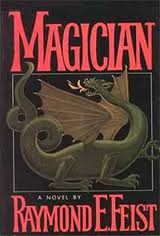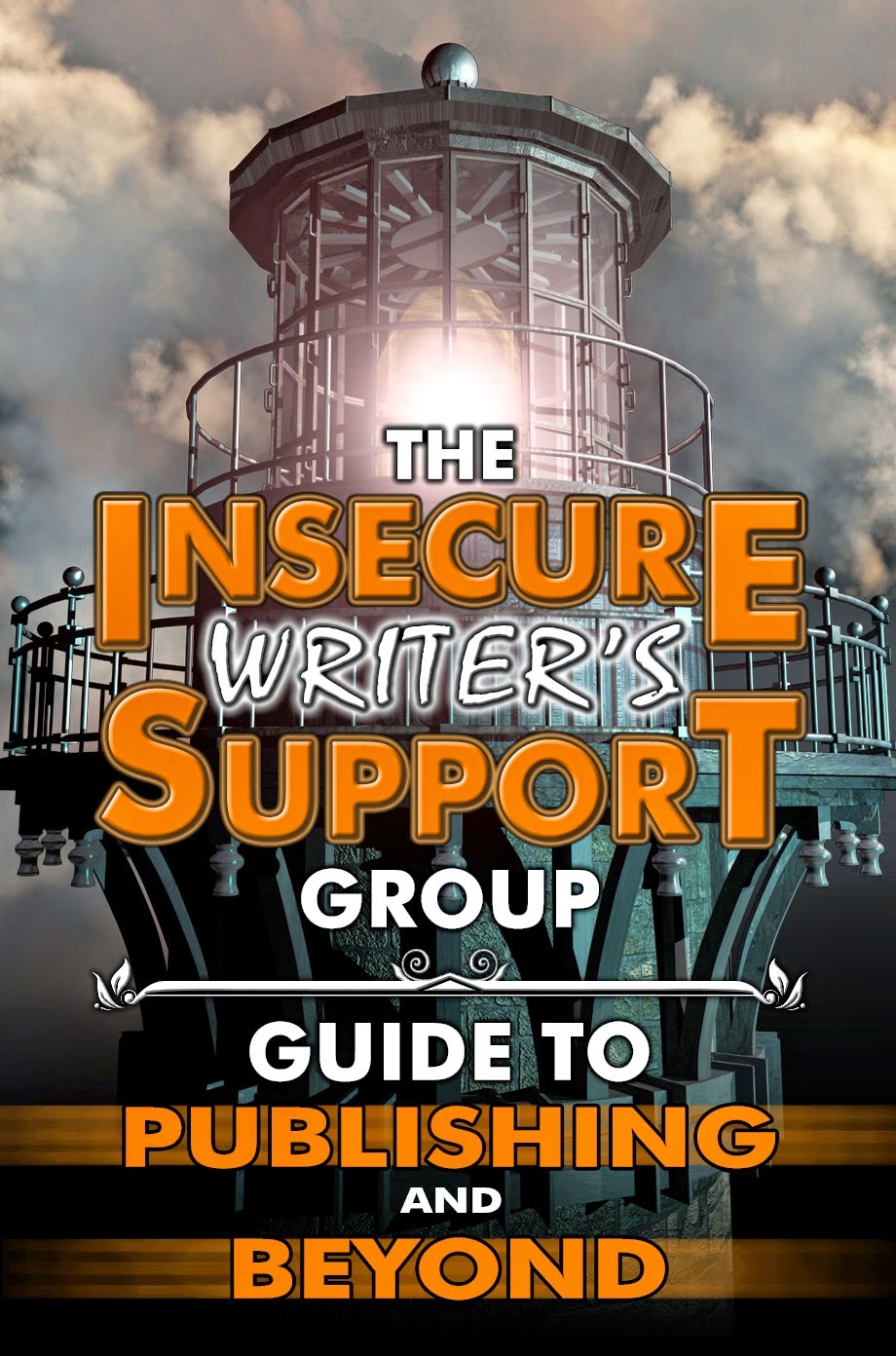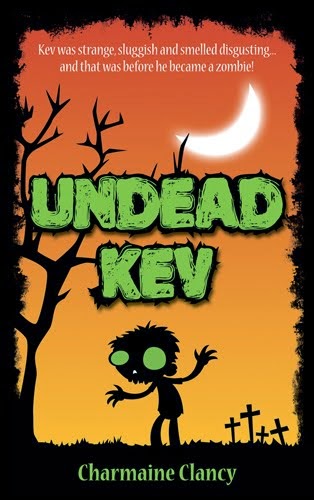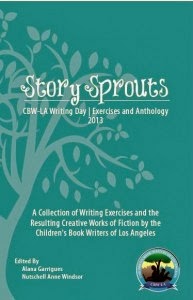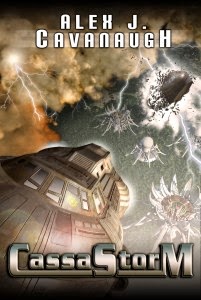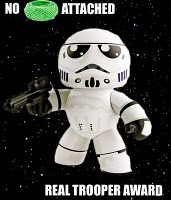For my last post of the year I thought I'd put down how I see things going in 2012 (should be good for a laugh in twelve months' time). I've always been enamoured of culture and the arts, and I think the battle between what Old Money wants to keep the same, and what New Technology wants to see take over, is a fascinating one. My hope is things come to a head in 2012. I'd like to be part of the generation that saw the world change (hopefully into something better).
I already spend most of my time interacting with people I've never met, I think the society that could develop would be a great way to bypass the vested interests that tell us what to think and what to buy and who to hate.







